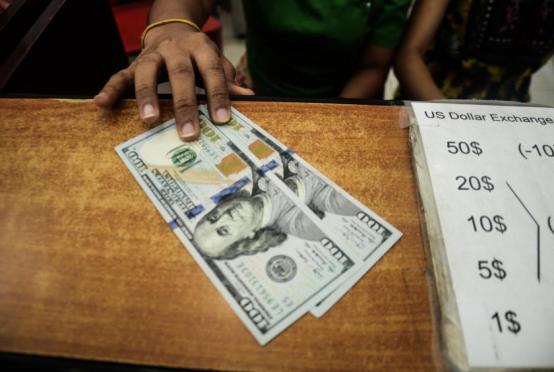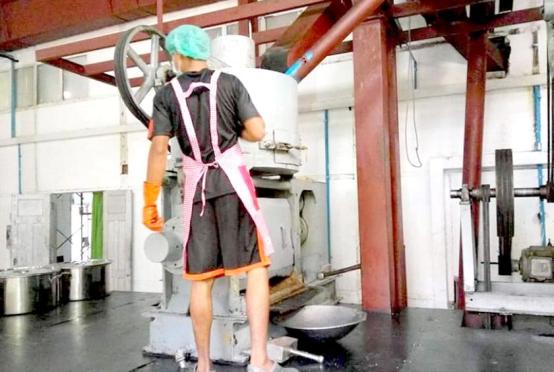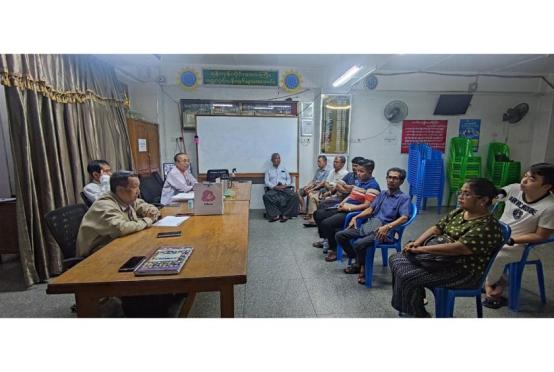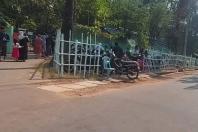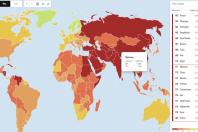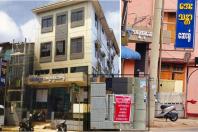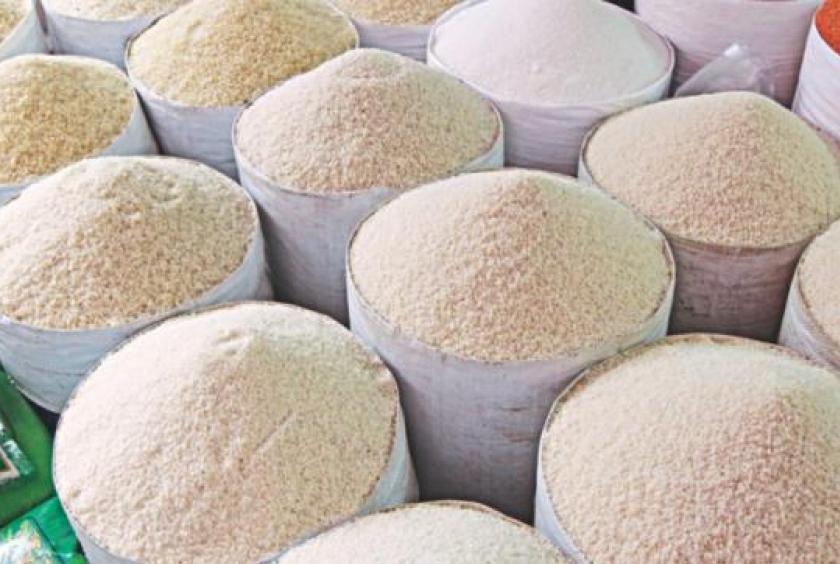
Dhaka (The Daily Star) - Rice prices have fallen to a nearly three-year low impacted by downturn in paddy prices at the farmers’ level in the wake of good harvest as well as higher private and public stocks of the grain.
The average retail price of coarse rice, consumed mainly by the low-income group, was Tk 33 per kg in city markets yesterday, down 24 percent from a year ago, according to the Department of Agricultural Marketing (DAM).
It is the lowest since August 2016 when the average retail price of the same quality grain was Tk 33.58 per kilogram, show data from the UN Food and Agriculture Organisation (FAO).
The FAO data showed that the prices gradually declined after they soared to Tk 47.78 in September 2017. Just more than a year later in November 2018, the prices fell below the Tk 40 mark.
Since then, the market prices have gradually been declining because of good crop harvest, a situation that hurts farmers but benefits consumers.
Bangladesh bagged 3.62 crore tonnes of rice in fiscal 2017-18 and the total production is expected to hit a new high during the current fiscal year, according to the Department of Agricultural Extension (DAE), rice millers and traders.
In addition, fresh imports and carryover stocks have added to the overall domestic supply, said rice millers and traders.
“We’ve a huge stock of rice,” said Chitta Majumder, managing director of Majumder Group of Industries, which owns several rice mills.
He said prices of rice and paddy are interrelated and when the prices of paddy fall, rice prices follow suit.
Depending on quality, prices of paddy dropped as much as 23 percent during the current Boro harvesting season from the same period a year ago, according to DAM data.
Coarse paddy producers were hit the hardest followed by fine and medium grain producers as current prices are much below the government-estimated production cost of paddy at Tk 993 per maund (37.20 kilogram).
As of May 15, coarse paddy dipped to Tk 540 each maund from Tk 702 for the same quantity a year ago.
Chitta said the response for paddy from millers remains lukewarm, as they could not clear their previously purchased grains for a dearth of buyers.
“There was no large buyer in the paddy market,” he said, adding, “There is no way but to export.”
Nirod Boron Saha, president of the Naogaon Dhan O Chal Arathdar Babshayee Samity, an association of rice wholesalers and commission agents, said the prices were unlikely to increase soon unless millers could sell their rice from the stocks.
“Our hands are tied. The government is not willing to receive aman from us nor does the market have demand for the rice. How would we get money to buy paddy if we cannot sell [the rice]?” he asked.
Saha said there was no sign yet of the paddy market to rebound to ease the lives of tens of thousands of farmers.
“Farmers are in real trouble. They have to pay very high wages to hired workers to harvest paddy during this peak season, but they sell their produces at nearly half the production cost. It’s a terrible situation,” he said.
He also said the demand for rice remains low because of good harvest of Boro, the biggest crop, almost throughout the country.
He also said export could be a solution. But it may take time to find market. Government-to-Government contracts can be explored for quick exports, he added.
Md Arifur Rahman Apu, director general of Directorate General of Food, said the commerce ministry would ultimately decide on export.
He said there has been a delay in purchasing paddy from growers because of a delay in preparing a list of the farmers.
Apu claimed that the food directorate has little to influence the paddy market. “We will buy only 12 lakh tonnes of rice and that will be added to our stock of nearly 13 lakh tonnes of cereal. We have a capacity of storing 21 lakh tonnes [of grains],” he said.
“We have instructed all our field offices to start buying paddy and rice,” he said.
DAE Director of Field Services Wing Md Abdul Muyeed said the Boro rice output was likely to be 2 lakh tonnes higher to 1.97 crore tonnes this year from the previous year owing to favourable weather and DAE support.
The DAE had earlier estimated production of Aus and Aman rice crops at 29 lakh and 1.53 crore tonnes for this fiscal. Those are higher than that of the previous fiscal year.
https://www.thedailystar.net/frontpage/news/rice-prices-in%20bangladesh-...


